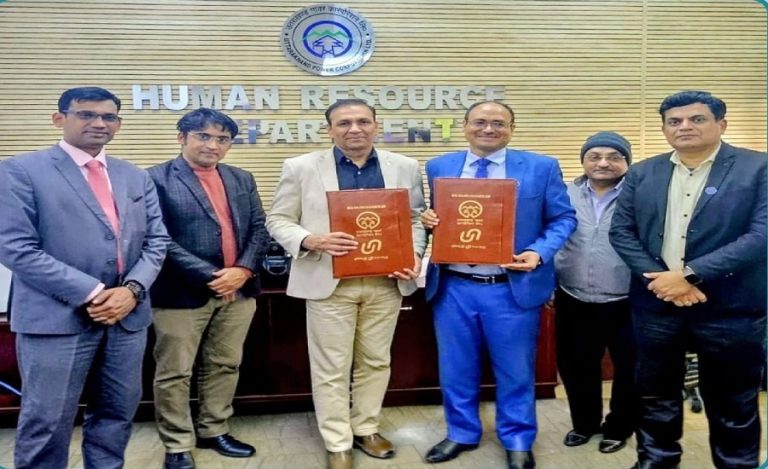New Delhi: In a historic ruling, the Supreme Court of India has clarified that mere possession of a registered sale deed (registry) does not confer legal ownership of a property. The verdict marks a turning point in how land and property rights are interpreted in India, with far-reaching implications for buyers, sellers, and legal claimants.
According to the apex court, ownership of property will now depend on a combination of factors – including mutation in revenue records, physical possession, and valid documentation – and not solely on the existence of a registered document.
“A registered sale deed is a transfer instrument – not the final proof of ownership,” the court observed.
What This Means for Landowners and Buyers
The judgment is especially significant for millions of Indians who believe that registration alone makes them rightful owners of land or property. However, the court emphasized that actual possession, mutation in official land records, and patwari verification are essential elements in establishing legal title.
This verdict will impact–
- Individuals who have registered land without taking possession
- Properties not mutated in government records
- Ongoing court battles over land disputes based on registry alone
Example That Highlights the Issue
Consider the case of Suresh Ji from Rampur village, who bought 3 bighas of land 10 years ago and got the sale deed registered. But he failed to get the mutation done and never took possession of the land, which remained with the old owner. When he tried to sell the land, the new buyer was unable to get the mutation processed. The court ruled, “You are not the owner merely by registration.”
Why Mutation Matters
Mutation is the legal process of updating ownership in government records. Without it:
- You may not be eligible for government welfare schemes like PM Awas Yojana
- Banks may deny loans on the property
- You may lose compensation in case of land acquisition
- Legal ownership remains disputed or weak in court
Personal Story: A Costly Mistake
A Ranchi-based man who had purchased land and obtained a registry but did not complete the mutation process, lost his right to compensation when the municipal corporation acquired his land for road widening. “There was no record in his name,” officials said, citing lack of mutation.
What Land Buyers Must Now Do
To ensure full ownership rights-
- Check mutation, patwari report, and possession before finalizing any land deal
- Complete mutation formalities at the tehsil office
- Update your name in Khatauni and Revenue Records
- Take possession physically and legally
- Always consult a lawyer or get court verification during the transaction
Legal and Social Significance
This judgment is a game-changer–
- It will curb land fraud and protect innocent buyers
- Middlemen and land sharks will find it harder to exploit loopholes
- Courts now have a clear precedent to resolve property disputes
- It reinforces reality-based decisions over mere paperwork
The Supreme Court’s decision reflects an evolving legal philosophy that aims to protect the rights of citizens by ensuring that ground reality aligns with legal documentation.




























